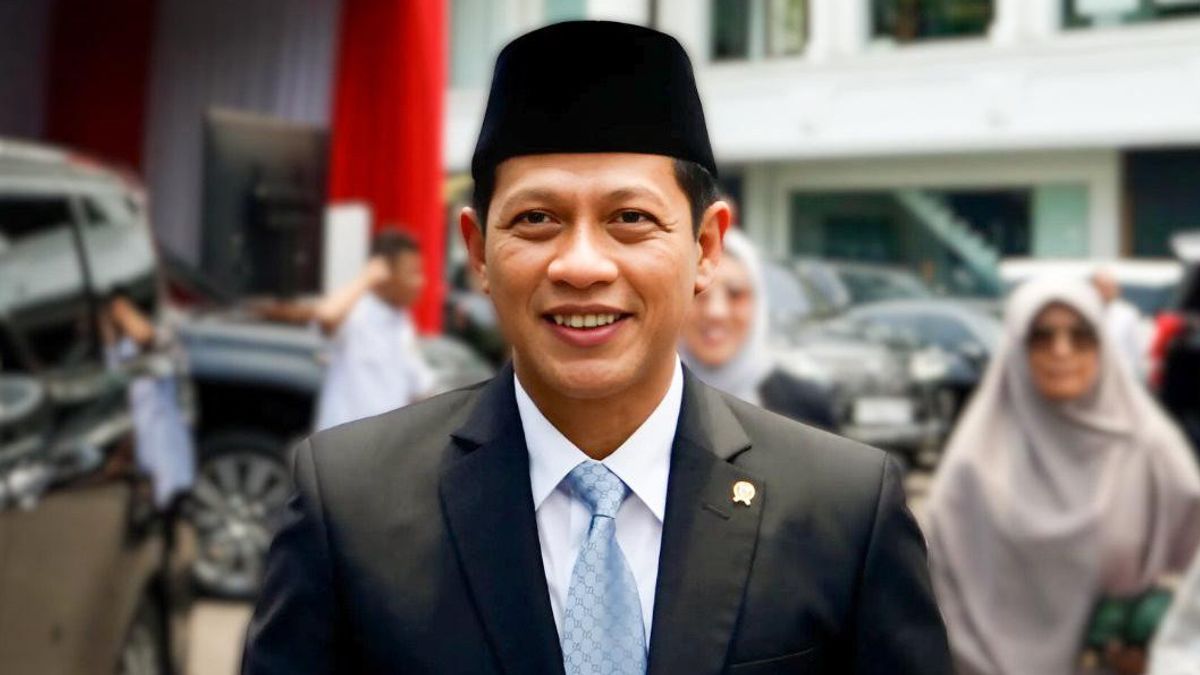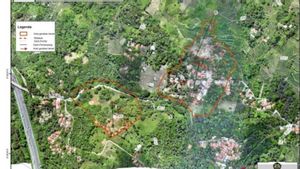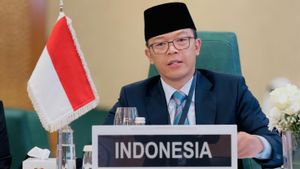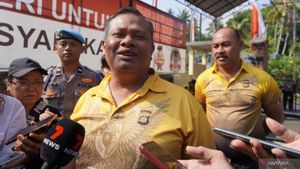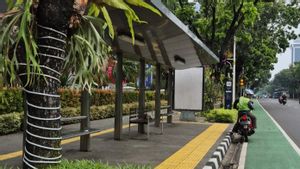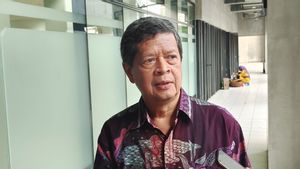After the implementation of the Fifth Round of The Intergovernmental Negotiating Committee on Plastic Pollution (INC-5) in Busan, South Korea, the Ministry of Environment (KLH) conveyed various important points regarding the dangers of plastic waste which is of global concern.
Minister of Environment Hanif Faisol Nurofiq emphasized that climate change, loss of biodiversity, and pollution including plastic pollution both on land and in the ocean are issues of interrelated global environment.
"This problem is caused by unsustainable consumption and production patterns," said Hanif Faisol, in a written statement received on Tuesday, December 31.
According to a United Nations Environment Program (UNEP) report, the amount of plastic waste entering the aquatic ecosystem has the potential to nearly triple in 2040 if there are no prevention efforts.
"In 2016, plastic pollution was recorded at 9-14 million tons and is expected to reach 23-27 million tons by 2040," he said.
Due to its transnational and cross-border nature, as well as the serious threat from plastic pollution, especially in the marine environment, thus encouraging the agreement of the United Nations Environment Assembly (UNEA) Resolution 5/14 in March 2022.
"This resolution mandates UNEP Executive Director to compile an International Legally Binding Instrument (ILBI) to end plastic pollution, including in the marine environment, which is targeted to be completed by the end of 2024," he said.
SEE ALSO:
From the start, continued Hanif, Indonesia was actively contributing to INC negotiations.
In the INC-1 to the INC-5, the Indonesian Delegation continues to voice the importance of consensus principles and inclusiveness in decision making, upholding the principles of Common but Differentiated Responsibility (CBDR), recognizing the needs of each country, especially countries with Specific Geographical Conditions such as archipelagic States (Archipelagic States), and fighting for strategic issues such as circular economic-based waste management, as well as fair and predictable financing for developing countries.
In addition, Indonesia also highlighted the importance of the National Action Plans (NAPs) approach which is in accordance with national needs, strengthening plastic waste management, and implementing consumption and sustainable production.
Indonesia also encourages the formation of an adequate new financing mechanism, especially to support developing countries and archipelagic countries.
"We emphasize the balance between right to development and right to clean, healthy, and sustainable environment," said Hanif.
However, negotiations have not reached an agreement regarding several crucial articles, such as the arrangement of Primary Plastic Products and Chemicals, plastic production, and financing mechanisms.
The difference in views between developed and developing countries is a big challenge. The final resolution was postponed until the continued session of INC-5.2 which was scheduled for 2025.
Indonesia is committed to being a bridge builder in these negotiations while still prioritizing national interests, such as protecting archipelagic territory from the impact of cross-border plastic pollution.
"We will continue to prioritize the principle of inclusiveness and the spirit of multilateralism to achieve global solutions," Hanif stated.
The English, Chinese, Japanese, Arabic, and French versions are automatically generated by the AI. So there may still be inaccuracies in translating, please always see Indonesian as our main language. (system supported by DigitalSiber.id)
